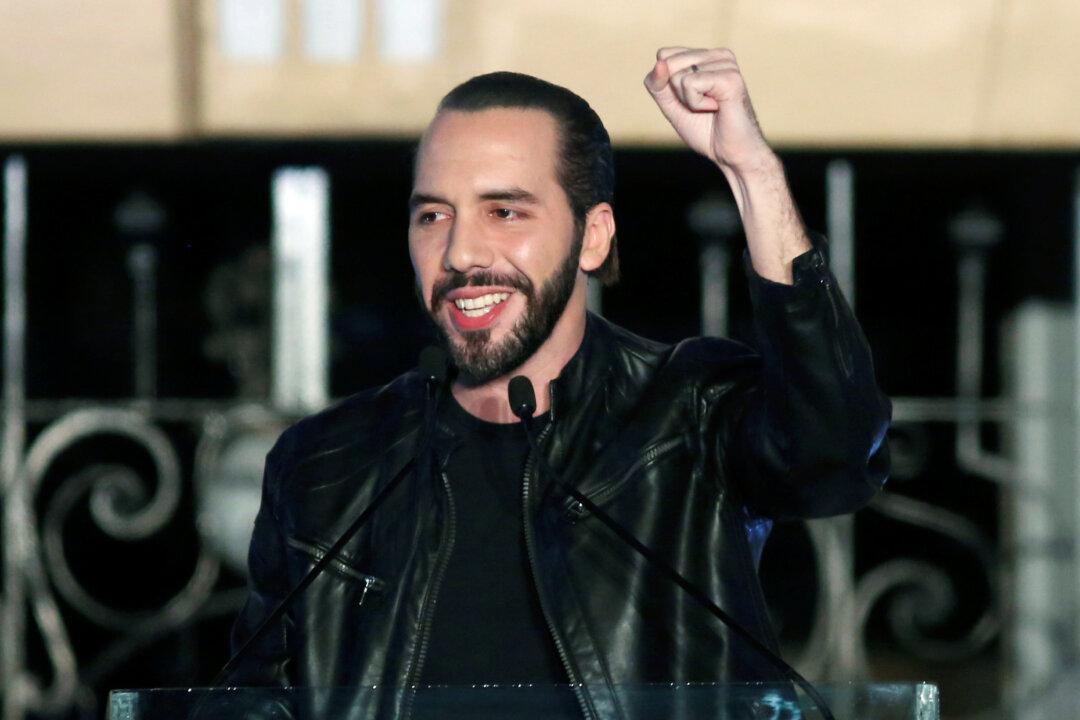The president of El Salvador on Dec. 12 accused the U.S. government of funding the “communist” opposition against him in order to destabilize his government.
“US taxpayers should know that their government is using their money to fund communist movements against a democratic elected (and with a 90% approval rating) government in El Salvador,” President Nayib Bukele, who won the presidential election in 2019, wrote on Twitter.





